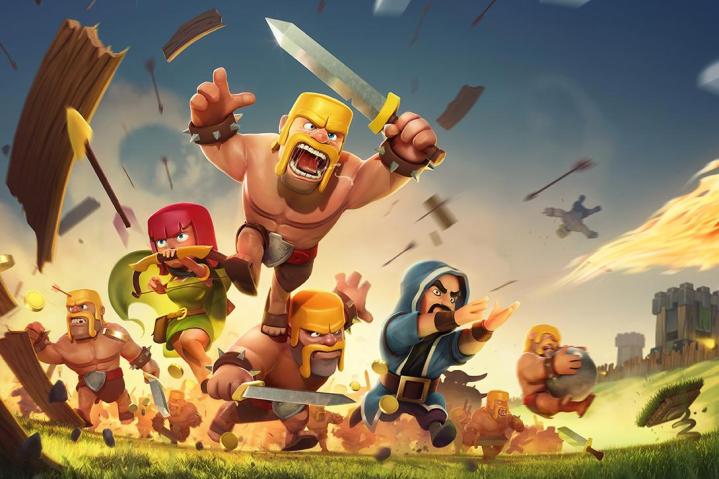
Less attention has been given to the developers’ side of the equation. A revealing piece on Touch Arcade, written by an anonymous producer of major, free to play games, has pulled back the curtain on the machinery behind these massively profitable games, and the truth is even ickier than most of us have probably realized. Note that while the anonymous authorship of the piece means that its revelations could be taken with a grain of salt, Touch Arcade is a reputable and well-connected news source for the mobile gaming field, giving this story the weight of credibility.
The writer describes him or herself as “a senior producer at a free-to-play games company” that has worked for several major companies. You have almost certainly played or are playing a game that this person produced or worked on in some significant capacity. Originally a console game producer, they joined mobile games in the early days of the iPhone and witnessed the whole evolution that brought us to where we are today.
The most troubling revelation of the story is how much personal data developers skim about their players, and then use to target them for in-app purchases:
“This is about how we can target you, because we (and our partners) know everything about you. We know where you live, we know your income level, we know your relationships, your favorite sports teams, your political preferences. We know when you go to work, and where you work. We can target an event to start for you when we know you have a long weekend coming up. We own you.”
As is so often the case, the road to this dystopian present started innocently enough. In order to balance their games to be as enjoyable and accessible as possible, developers started to track player behavior. At first this just allowed them to do things like adjust the difficulty of particular levels and “balance the game in the wild.” Trouble started when the engineers started to look at not just the in-game data, but also the metadata about when people were playing.
“We know where you live, we know your income level, we know your relationships, your favorite sports teams, your political preferences … We own you.”
“During a meeting about the game, the guy who ran our website brought up some interesting information. He started watching the Web logs and seeing all the connections to the JSON file [which tracked in-game behavior]. Unbeknownst to him (or our team) he was getting us a DAU [daily active users]. For the engineering and production teams, this was just a neat thing to know, a feel good ‘look how many people love our game’ statistic. The CEO saw something else.”
Like sharks to the smell of blood, upper management developed an insatiable hunger for data about when, where, and how users were playing their games. They realized the potential this information held for getting players to buy more things, or convince their friends to play as well. Particular focus was given to the best way to find “whales” — the minority, high-spending users that account for the most profit in freemium games.
“Time passed, Free to Play became a thing. I went from company to company. Each time, every new project became less and less about how we can do cool things, and more about how we can track and target users to get the most whales possible, boost chart position and retain users to shove as many ads on them as possible.”
The widespread adoption of Facebook was the turning point. Like marketers of all kinds, developers mine Facebook’s rich stores of data to build creepily intimate portraits of how you play their games, so you can be targeted with personalized push notifications and store specials optimized to maximize the likelihood that you will spend money. Even if you do not actively use
If you are a whale, the stalking goes to an even creepier level. “You spend enough money, we will friend you. Not officially, but with a fake account. Maybe it’s a hot girl who shows too much cleavage? That’s us. We learned as much before friending you, but once you let us in, we have the keys to the kingdom. We will use everything to figure out how to sell to you.” The writer then goes on to describe a particular whale who lived in Saudi Arabia, but loved American football, and how they created virtual items based on his favorite teams to sell just to him.
The same data that was once used to maximize fun is now being used to maximize profitability, with developers going so far as to manipulate gameplay itself. “We will flat out adjust a game to make it behave just like it did last time the person bought IAP. Was a level too hard? Well now they are all that same difficulty.”
If this makes you uncomfortable, then your only recourse is to opt out. Like lunch, there ain’t no such thing as a free game. Vote with your wallet and buy games with an up-front cost, or else publishers will continue to focus on manipulative tactics as the only way to extract profit from games.
Editors' Recommendations
- Worried about the TikTok ban? Here are 5 TikTok alternatives you should use
- Squad Busters mashes up Clash of Clans, Brawl Stars, and more mobile hits
- Everything you need to know about the massive Apple App Store outage
- 8 iPhone browser apps you should use instead of Safari
- Is Temu legit? Everything you need to know about the shopping app


